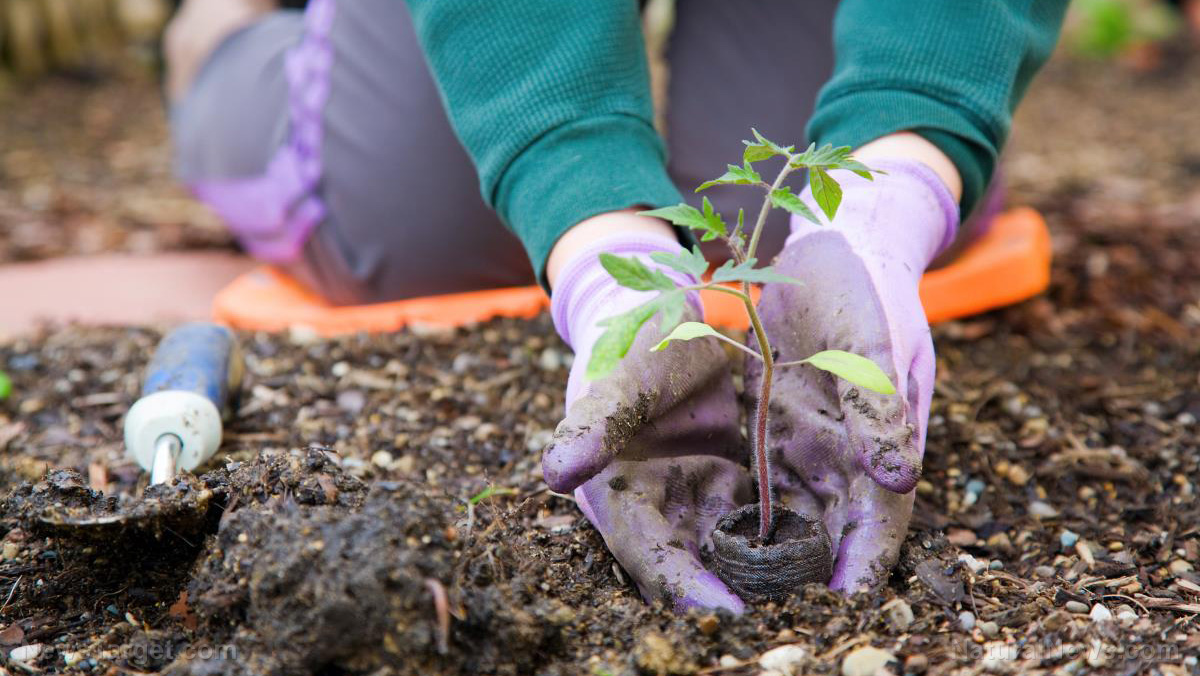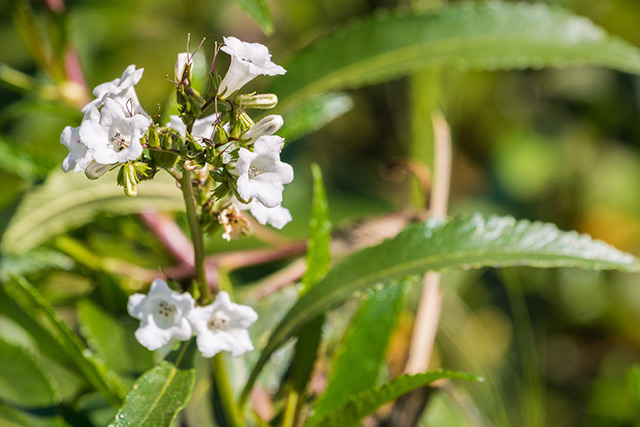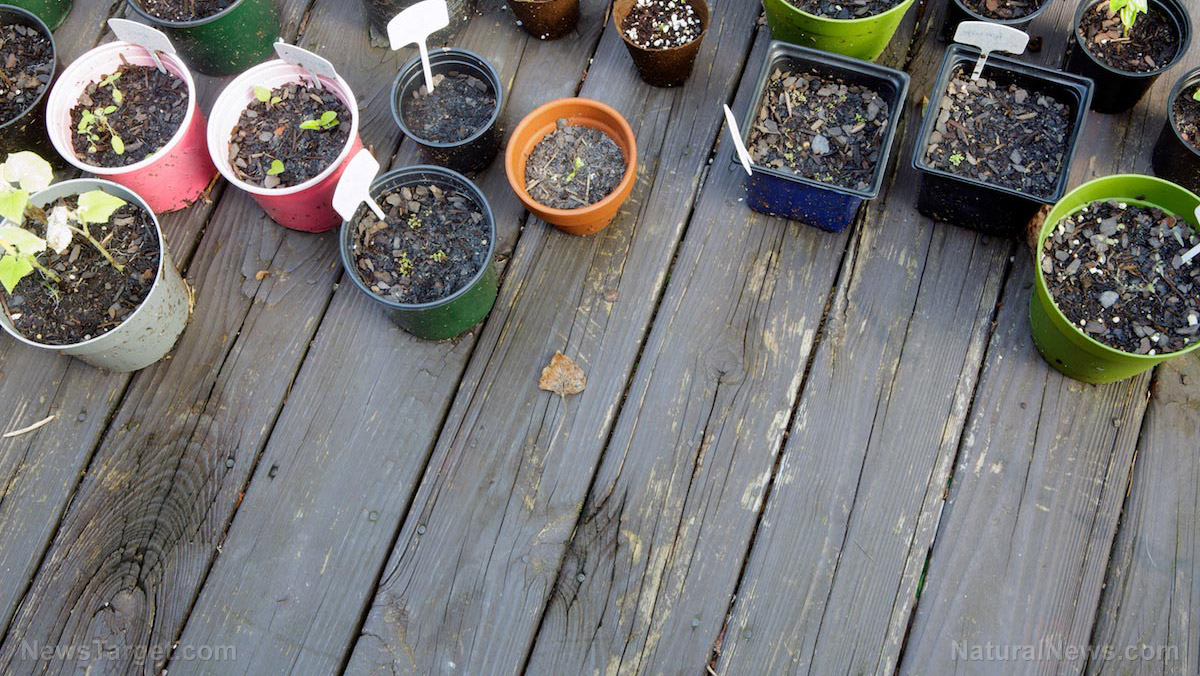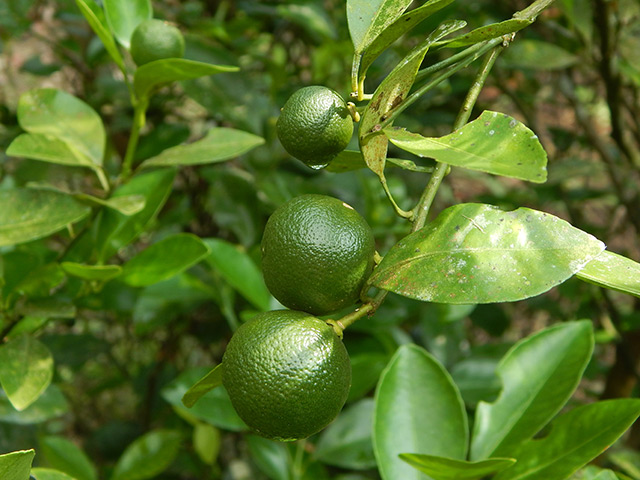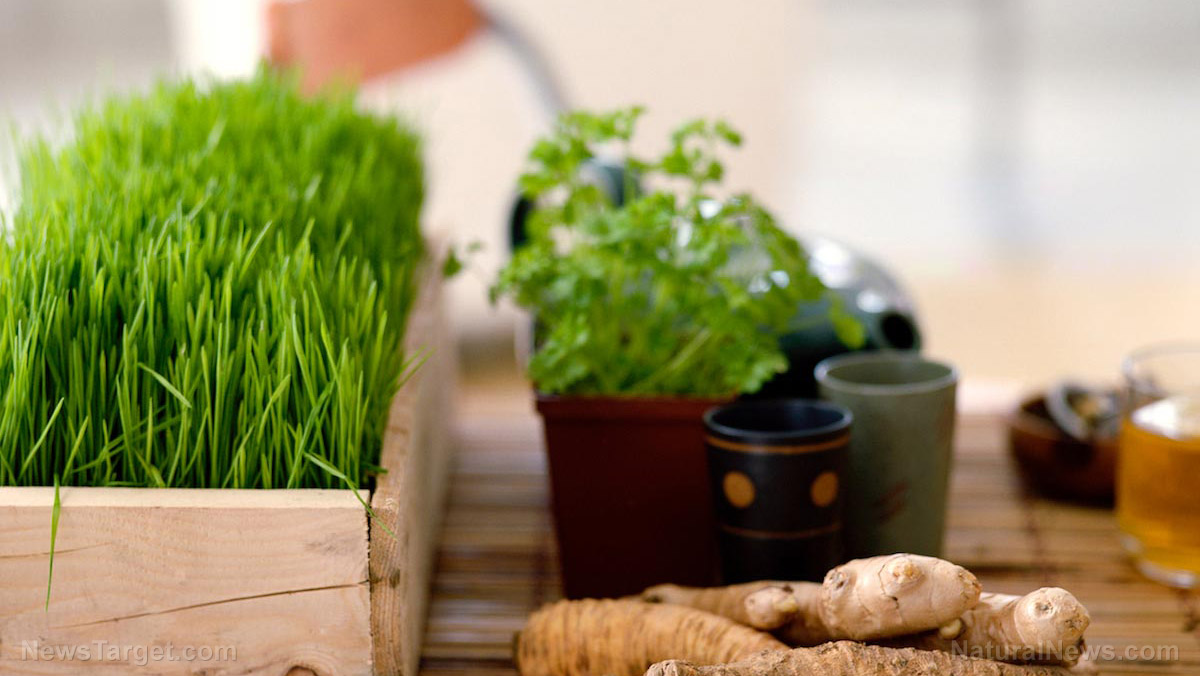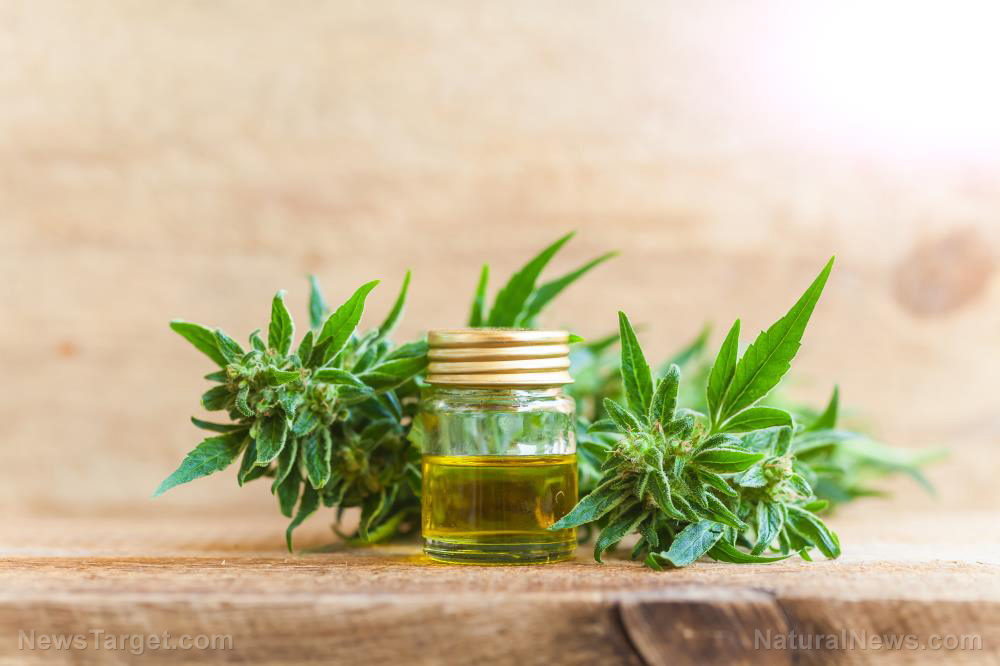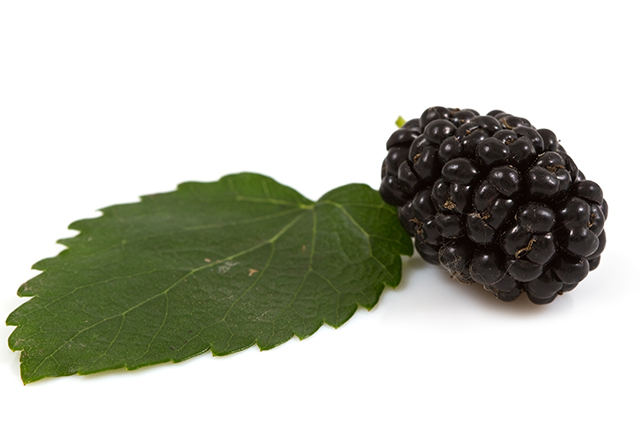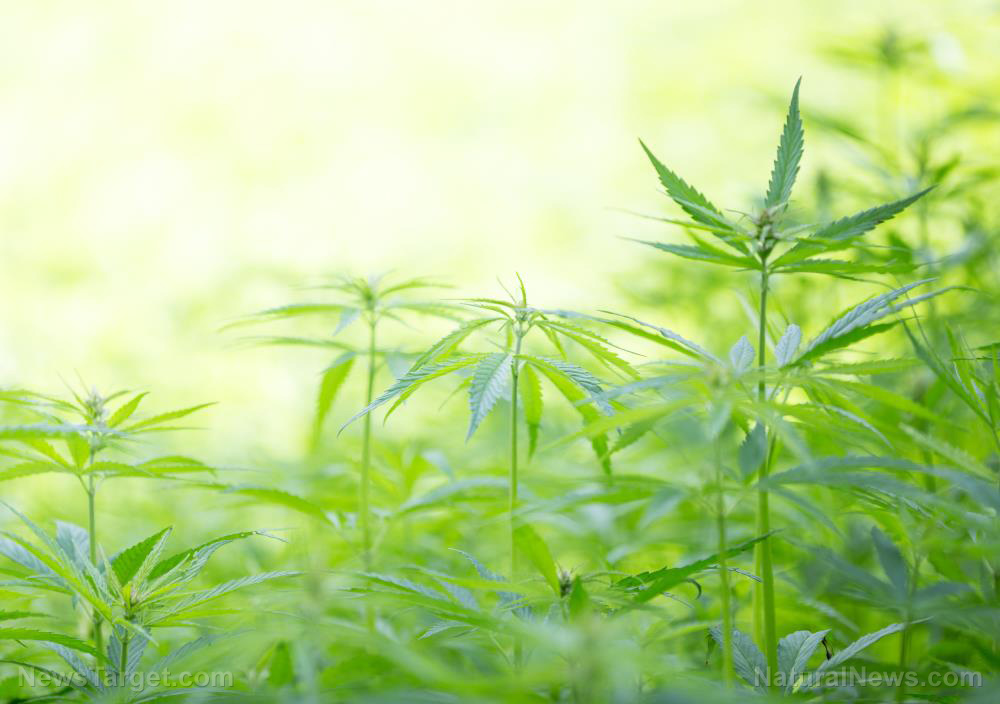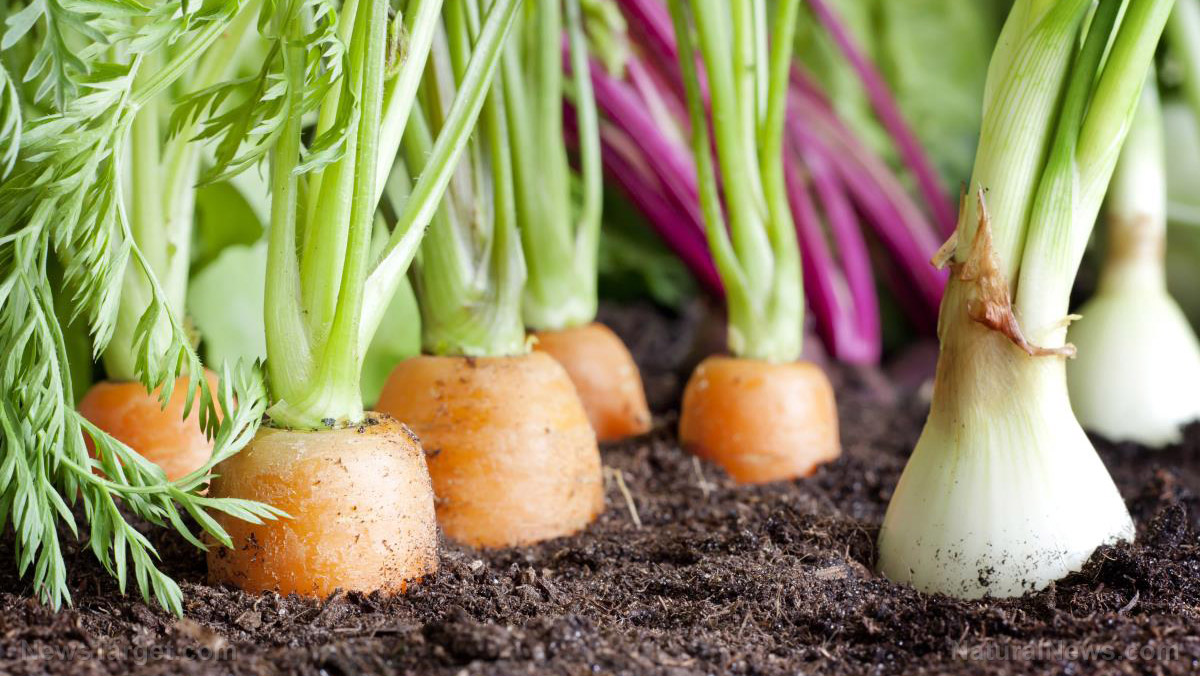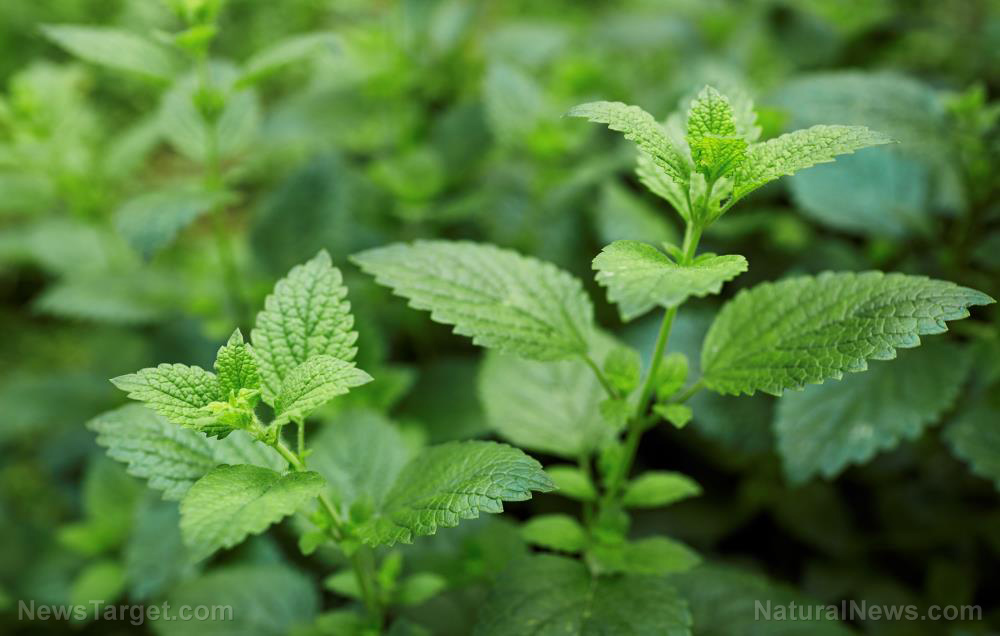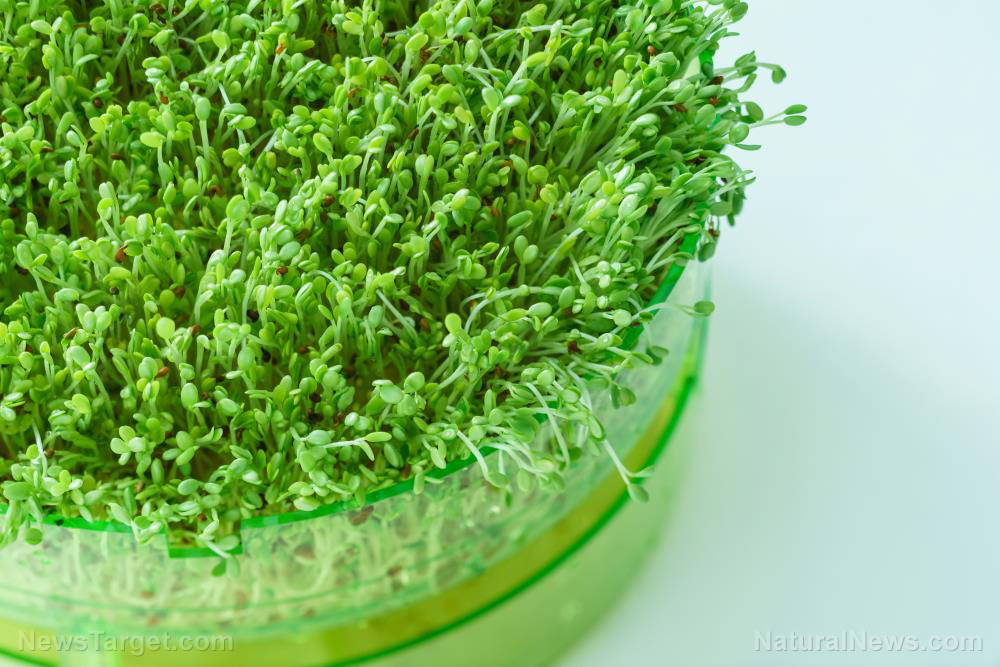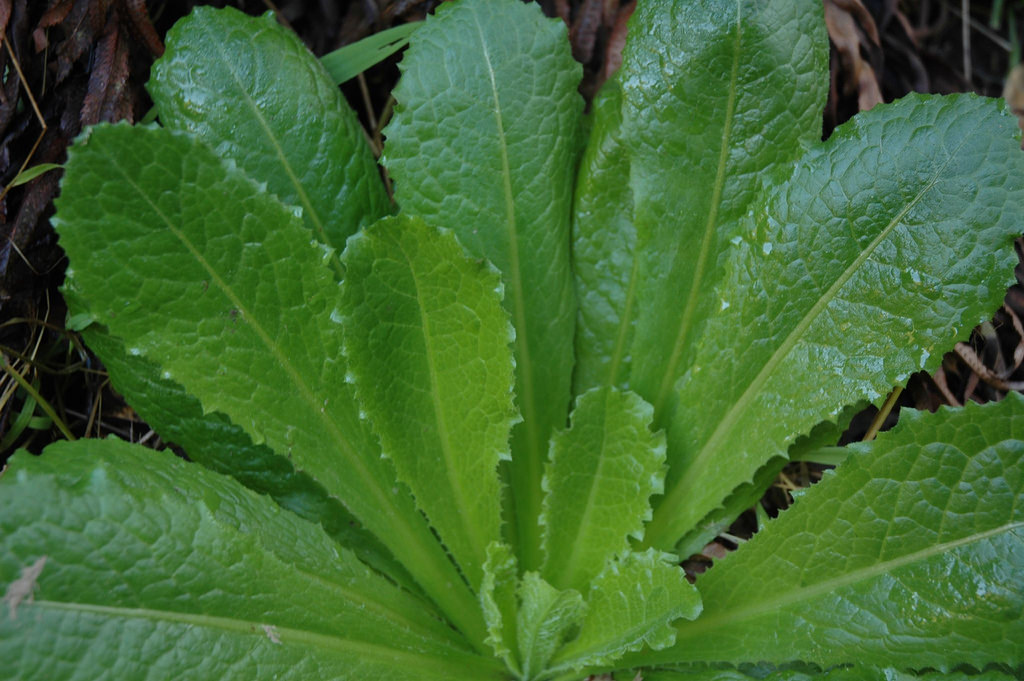Plant cures: 6 Essential oils that can relieve neuropathic pain
09/24/2019 / By Edsel Cook

Is neuropathic pain making daily life miserable? Using essential oils in aromatherapy may help ease the pain stemming from injured nerves.
Essential oils are extracts drawn from beneficial and medicinal plants. Examples include chamomile, ginger, holy basil, lavender, peppermint, and St. John’s wort.
Studies have shown that some essential oils help decrease and manage pain connected to inflammation and nerve injuries. They may improve the lives of patients with diabetes, who are particularly vulnerable to nerve-related disorders. (Related: Essential oils for good health: How to use them and when to avoid them.)
Ginger, chamomile, and St. John’s wort
Ginger is not just a spice, but also a folk medicine. Its essential oil contains zingibain, a natural compound that reduces inflammation.
The ability of zingibain to fight inflammation makes ginger oil a potential natural treatment for neuropathic pain. (Another option is galangal, a close relative of ginger.)
Australian researchers from Griffith University reported that Swedish massage and ginger oil made for a potent aromatherapeutic approach. In a 2014 experiment, the combination proved more effective than Thai massage when it came to reducing the disability and pain experienced by older adults with lower back pain.
Chamomile essential oil relies on borneol to relieve neuropathic pain. Like zingibain, borneol may help reduce inflammation and pain. The compound is also present in lavender oil.
St. John’s wort is a medicinal plant prescribed by folk medicine for alleviating anxiety and depression. Its extract also serves as an herbal remedy for burns, inflammation, and neuropathic pain.
Rutgers University researchers brought up a 2017 case where a patient with trigeminal neuralgia took a homeopathic remedy based on St. John’s wort. The patient reported that the treatment reduced the nerve pain experienced in the face.
Based on that outcome, the Rutgers researchers believed that St. John’s wort may have potential as a treatment for neuropathic pain.
Lavender, holy basil, and peppermint
Lavender oil makes it easier for a person to relax. The essential oil helps decrease anxiety and pain.
Turkish researchers at Tokat Gaziosmanpasa University showed the oil’s effectiveness in a 2016 experiment involving peripheral venous cannulation. The painful procedure inserts a needle into a peripheral vein and then passes a tube through the opening.
Some of the 106 participants in the Turkish study received aromatherapy with lavender essential oil. Others got a similar placebo.
The results showed that the lavender aromatherapy group enjoyed lower levels of anxiety and pain compared to the participants who got a placebo.
Holy basil grows in the Indian subcontinent and Southeast Asia, where it is called tulsi or tulasi after its namesake, the Hindu goddess. The aromatic plant features in Ayurvedic medicine, where it gets prescribed for nerve pain and other health issues.
In a 2014 study, Punjabi University researchers administered holy basil extract to rats before causing neuropathic pain in the animals’ sciatic nerve. They found that the essential oil ameliorated the pain from the injured nerve.
Finally, the essential oil of the peppermint plant is known for its ability to fight inflammation, in part thanks to its antioxidant properties.
How to use essential oils to alleviate neuropathic pain
Patients with neuropathic pain may either breathe in essential oils or gently knead the extract onto the painful areas. They may also put a few drops in a diffuser, bathwater, and pillows.
If applying via massage, first dilute the essential oil in a carrier oil. Almond oil and olive oil work well.
Essential oils may irritate the skin or trigger allergic reactions. Before using an extract, test it first. The oils may also interact with antidepressants, stimulants, and other medications.
Avoid diffusing essential oils around children, pregnant women, and pets.
Sources include:
Tagged Under: alternative medicine, aromatherapy, chamomile, essential oils, ginger, herbal medicines, holy basil, Lavender, medicinal plants, natural cures, natural medicine, nerve pain, neuropathic pain, pain relief, peppermint, remedies, St. John's wort
RECENT NEWS & ARTICLES
GrowYourMedicine.com is a fact-based public education website published by Grow Your Medicine Features, LLC.
All content copyright © 2018 by Grow Your Medicine Features, LLC.
Contact Us with Tips or Corrections
All trademarks, registered trademarks and servicemarks mentioned on this site are the property of their respective owners.




